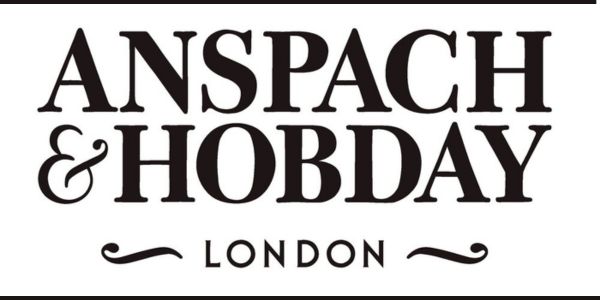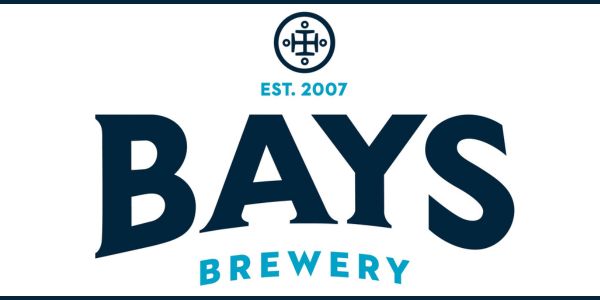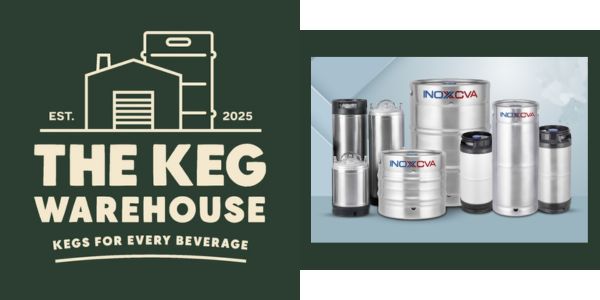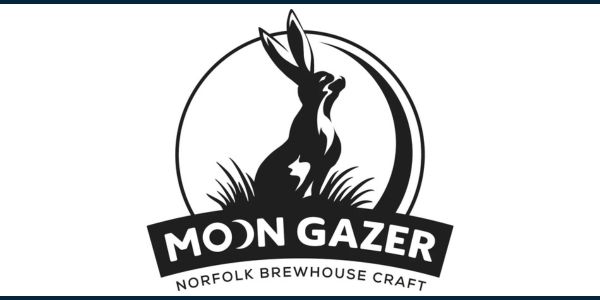There was a 500% increase in insolvencies in the brewing sector between 2021 and 2023, according to research by accounting firm Price Bailey.

The findings, obtained under a freedom of information request, submitted to The Insolvency Service by Price Bailey, come amid widespread insolvencies throughout the hospitality sector.
The data goes on to reveal an increase of 152% and 197% for licensed and unlicensed restaurants and cafés respectively, and an increase of 186% for pubs and bars. Take-away businesses were shown to be the second hardest hit, with a 210% increase throughout the same period.
“Many hospitality businesses are on life support, and with the services sector leading the way into recession, business failures are likely to continue to rise throughout 2024,” said Matt Howard, head of insolvency and recovery at Price Bailey.
On the brewing sector, he said: “This sector poses challenges for entrepreneurs, from entry through to growth. These organisations are up against some big players in the field, and when retailers are feeling the effects of reduced consumer spending, they are even more reluctant to take those big players off the shelf.
“To reach the retailers you must have a compelling business case, especially so as a lesser-known independent business. It is a real challenge.”
He added: “The cost of living challenges have meant that consumers are less likely to visit their restaurants, their pubs, and bars. When these organisations are feeling the crunch, they are then ordering less stock, less beer, and ultimately, as insolvencies in these sectors rise, those manufacturing the beer are losing customers.
“It is unfortunate, but reflects the classic consequences in many industries, following a reduction in consumer spending. We’re seeing similar impacts across a lot of sectors at the moment.”
Rob Fink, founder and chief executive of alcohol-free craft brewery Big Drop Brewing, said: “There’s a real barrier to entry for businesses in this sector now. When I started, you either had to build your brewery, which most start-ups just didn’t have the money to do, or you outsource the brewing to a contract brewer.
“Contract brewing in the UK isn’t very mature. Most contract co-packing breweries have their own brands and so they are reluctant to enter into any meaningful structured legal contracts. What they’re really doing is filling up the spare capacity they have before their own brand grows to fill it.
“The arrangements lack certainty over volumes, growth, and pricing — it’s not a long-term sustainable relationship.”










